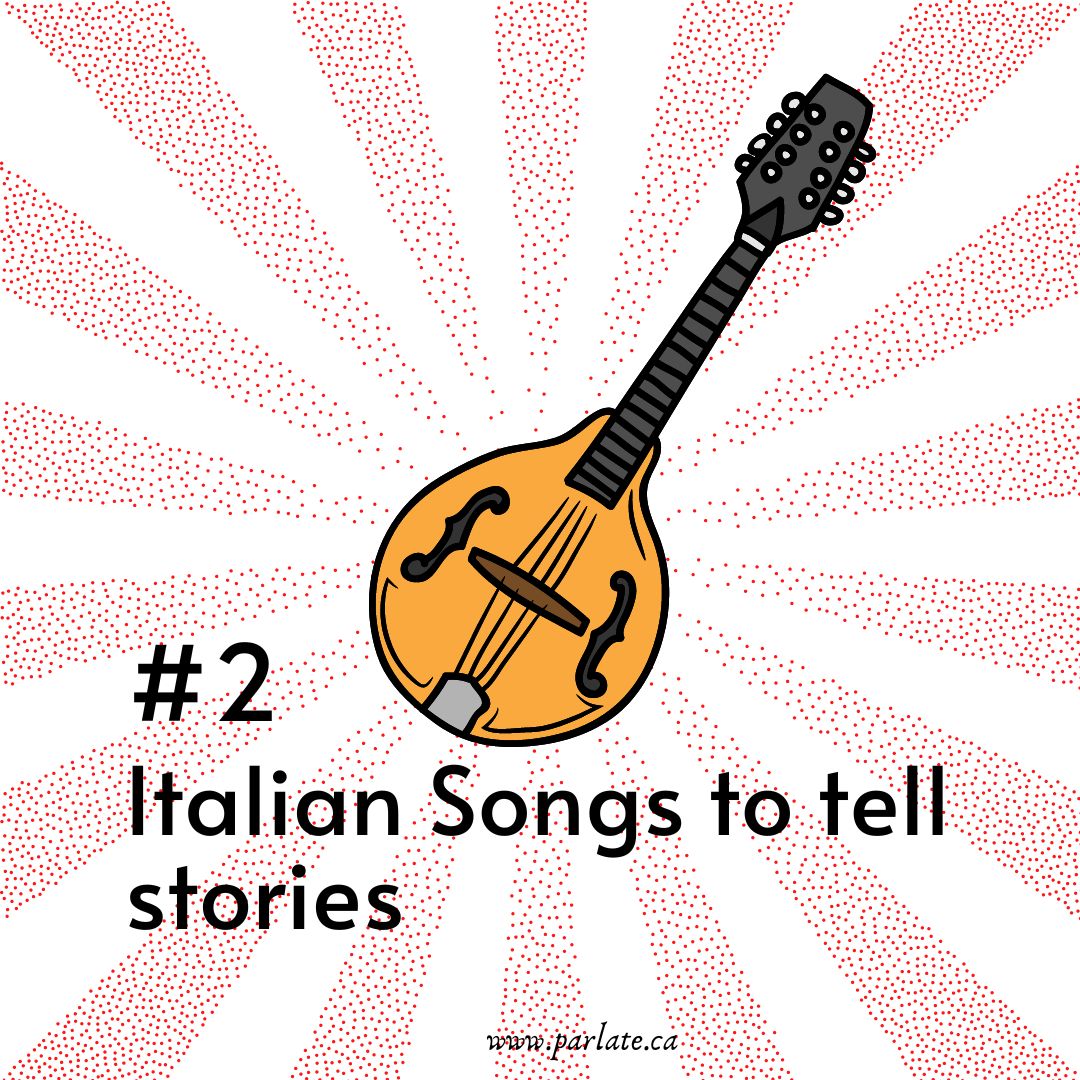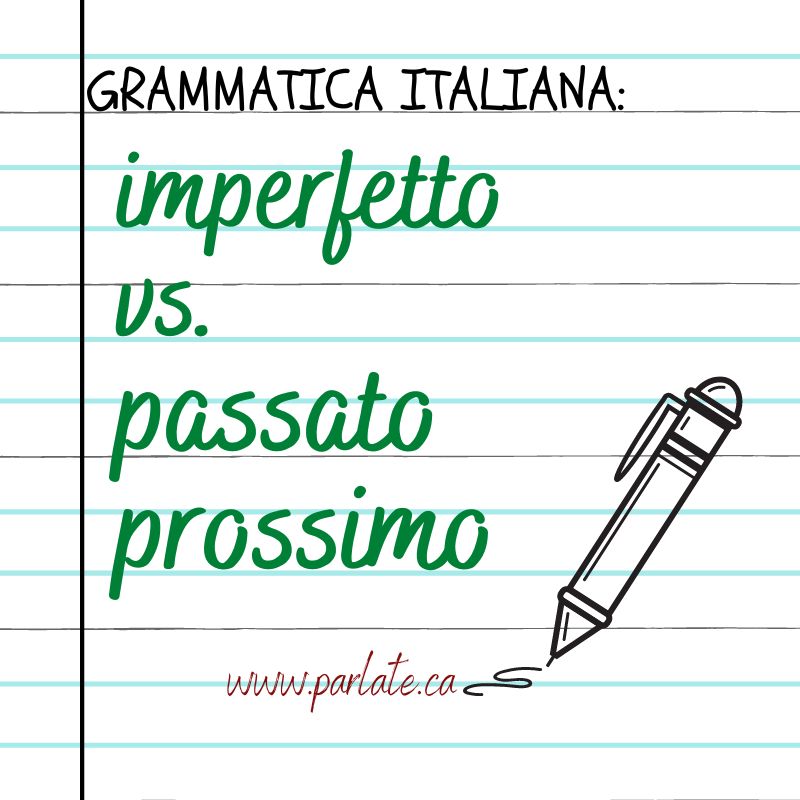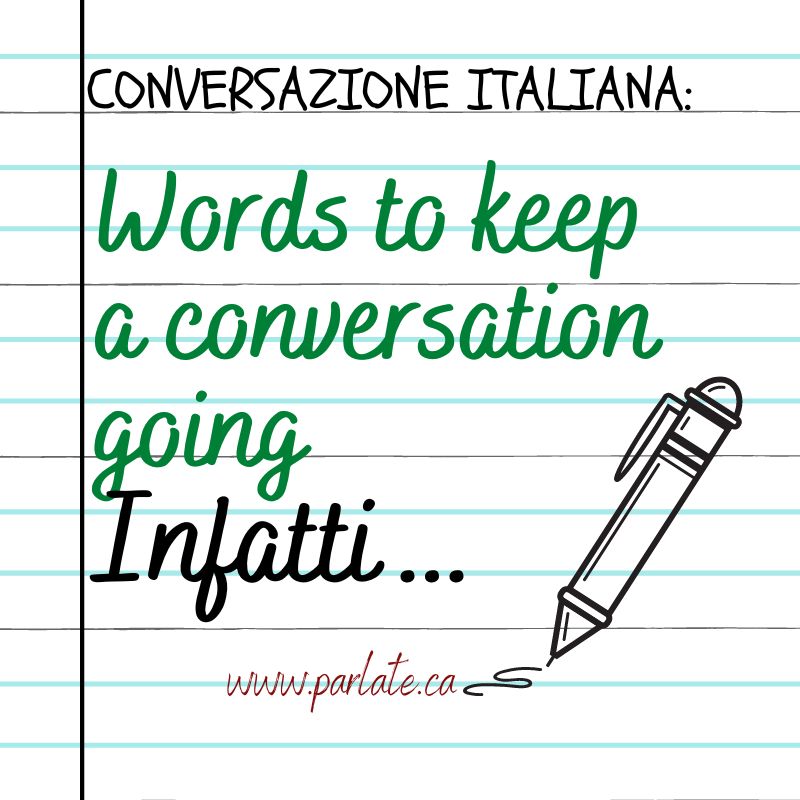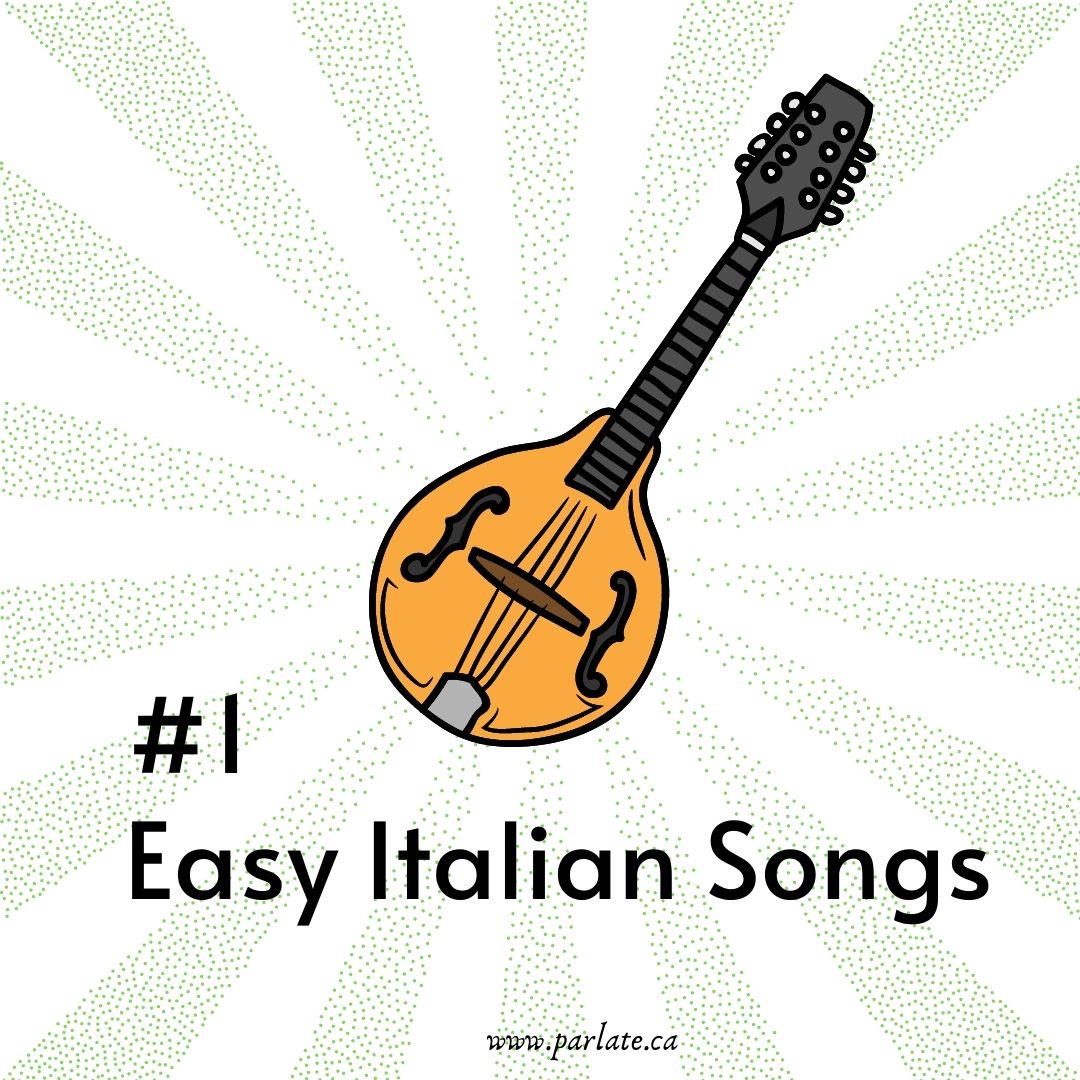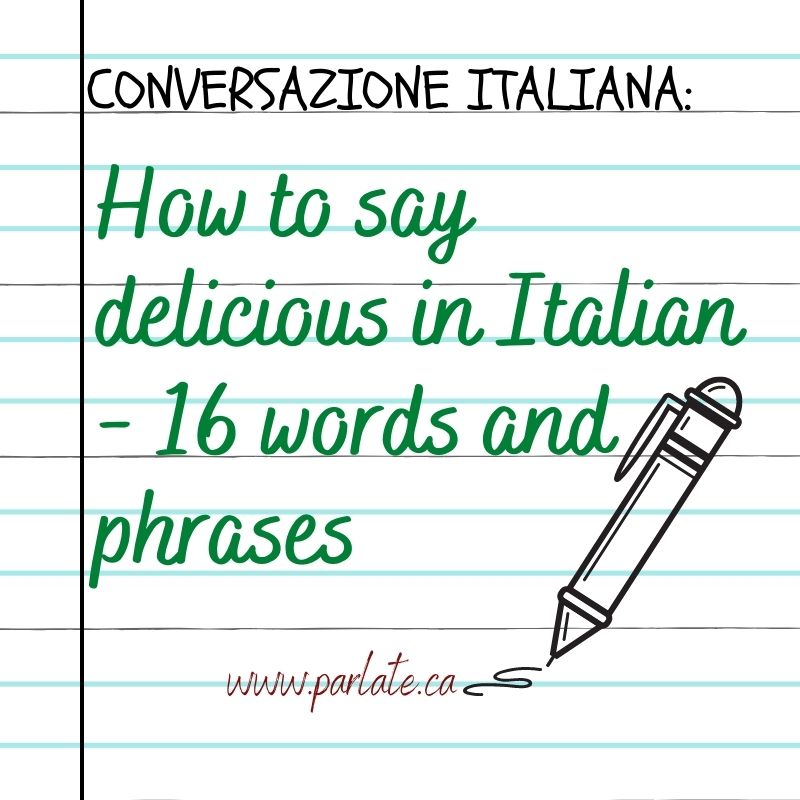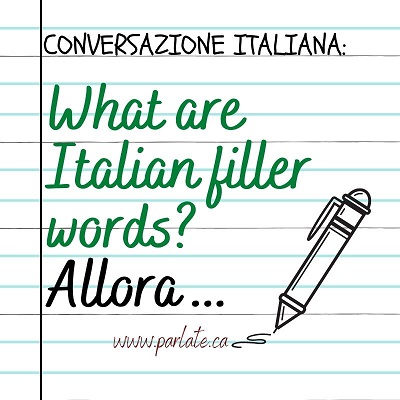Hai cantato le canzoni della Prima Parte ? Erano corte e con semplici ripetizioni. La melodia e la ripetizione aiutano a migliorare la pronuncia.
In questa seconda parte ascoltiamo e cantiamo quattro canzoni che raccontano storie. Essere in grado di raccontare storie semplici è un bel traguardo che tutti vogliono raggiungere. La musica è il mezzo migliore per allenarsi.
Le quattro canzoni di popolari cantanti italiane fanno parte di un’epoca passata in cui la musica aveva una poesia diversa.
Did you sing the songs of the first part? They were short and with simple repetitions. Melody and repetition help improve pronunciation.
In this second part we listen to and sing four songs that tell stories. Being able to tell simple stories is a great achievement that everyone wants to reach. Music is the best way to practice.
The four songs by popular Italian singers are part of a bygone era where music had a different poetry.
vola colomba- Nilla pizzi (1952)
Brano originale del 1952 Brano cantato da Nilla Pizzi con l’orchestra di Ennio Morricone.
La colomba era il messaggio che l’Italia uscita sconfitta e umiliata dalla guerra, inviava a Trieste, contesa fra i comunisti jugoslavi di Tito, gli inglesi e gli americani che la stavano occupando con le armi. La guerra a Trieste non finì infatti nel 1945 come nel resto del Paese, ma nel 1954 quando le truppe italiane ritornarono a liberarla.
Original piece from 1952 sung by Nilla Pizzi with the orchestra of Ennio Morricone.
The dove “la colomba” was the message that Italy, defeated and humiliated by the war, sent to Trieste, disputed between Tito’s Yugoslav Communists, the British, and the Americans who were occupying it with arms. In fact, the war in Trieste did not end in 1945 as in the rest of the country, but in 1954 when the Italian troops returned to free it.
Pinguino Innamorato – Silvana Fioresi e Trio Lescano (1941)
Mentre la dittatura si avviava verso una terribile guerra e ancor più terribile guerra civile, il pubblico si deliziava con delle canzonette accattivanti per la melodia e lo swing. In contrasto le parole potrebbero essere definite come surreali, bizzarre, e grottesche.
As the dictatorship moved towards a terrible war and even more terrible civil war, the audience delighted with captivating songs for melody and swing. In contrast, the words could be defined as surreal, bizarre, and grotesque.
Canzone Da Due Soldi – Katyna Ranieri (1957)
Una canzone da due soldi, ci invita a vedere la vera felicità nel poco. Questi versi danno una voce “poetica” al dopoguerra, scuotono le masse ed entrano nelle case di un popolo assetato di normalità.
A simple song “una canzone da due soldi”, invites us to see true happiness in little. These verses give a “poetic” voice to the postwar period, it shakes the masses and enters the homes of a people thirsty for normality.
Casetta in Canadà – Carla Boni (1957)
Una canzone con un ritmo allegro ed accattivante con un testo – genere nonsense – di facile memorizzazione che si può ripetere all’infinito. Un grande successo fra gli Italiani emigrati in Canada.
A song with a cheerful and captivating rhythm with a text – nonsense genre – easy to memorize that can be repeated indefinitely. A great success among Italians who emigrated to Canada.
Mi raccomando canta ogni giorno, fa bene non solo allo studio dell’italiano ma anche alla salute!
I recommend singing every day, it’s good not only for your Italian, but also for your health!
Ascolta le canzoni della prima parte……
Listen to the songs of the first part
- 10 idee per studiare italiano in estate o in vacanza

- 10 Italian Castles – History and charm | 10 Castelli Italiani – Storia e fascino

- 10 Italian old songs to practice Italian

- 10 proverbi italiani di luglio

- 10 Ways to Laugh in Italian

- 12 Italian phrases to live better | Italian pronunciation

- 25 verbi riflessivi in italiano

- 26 Italian women who made history

- 3 ways to pronounce the s in Italian


